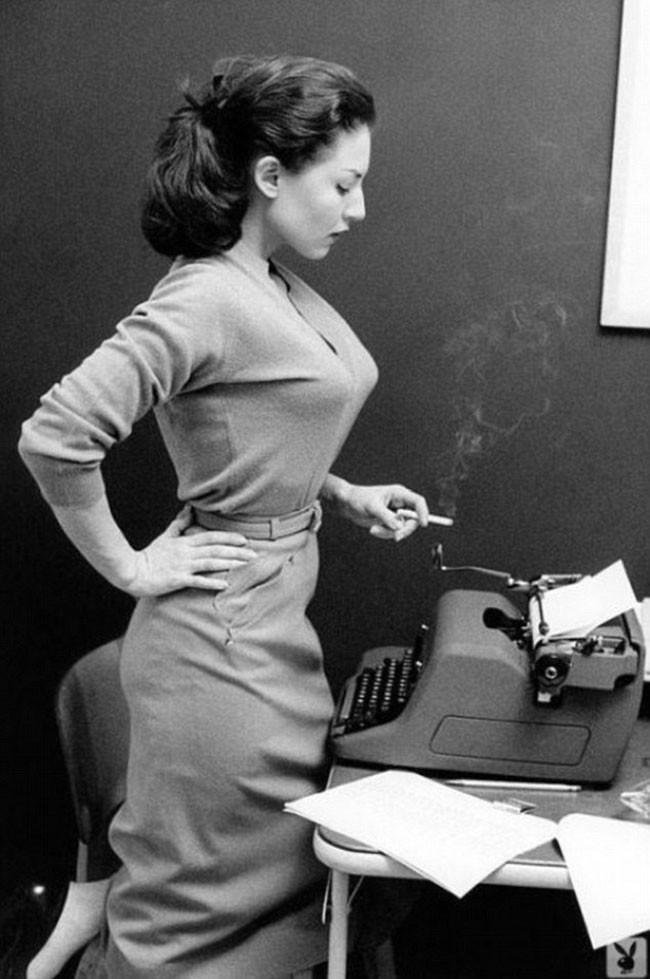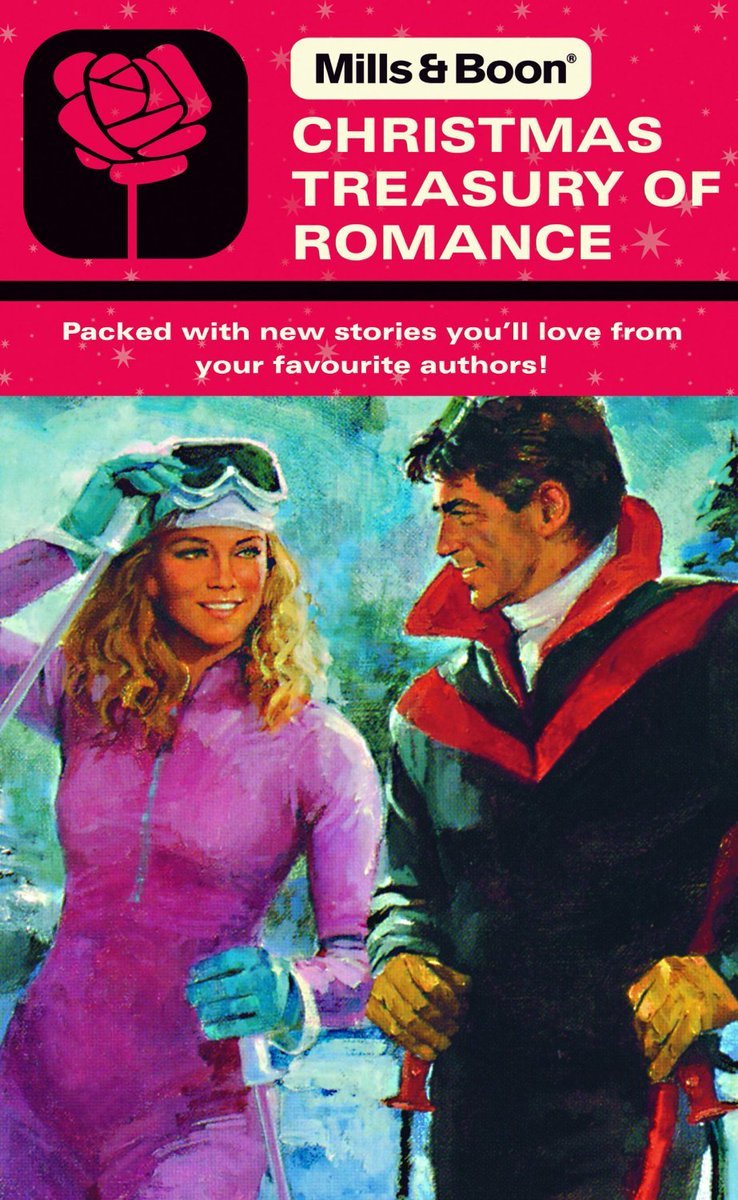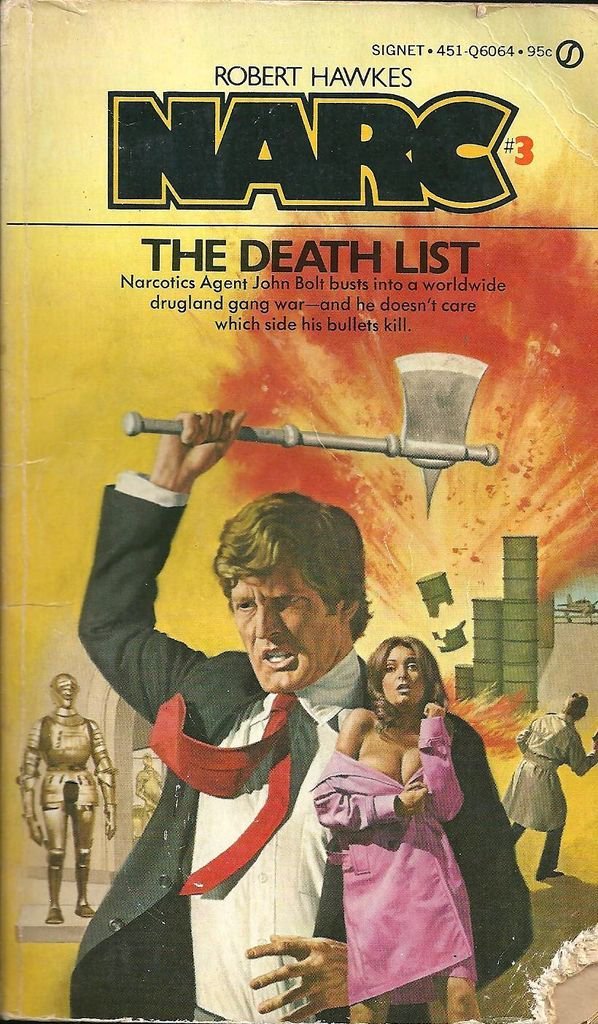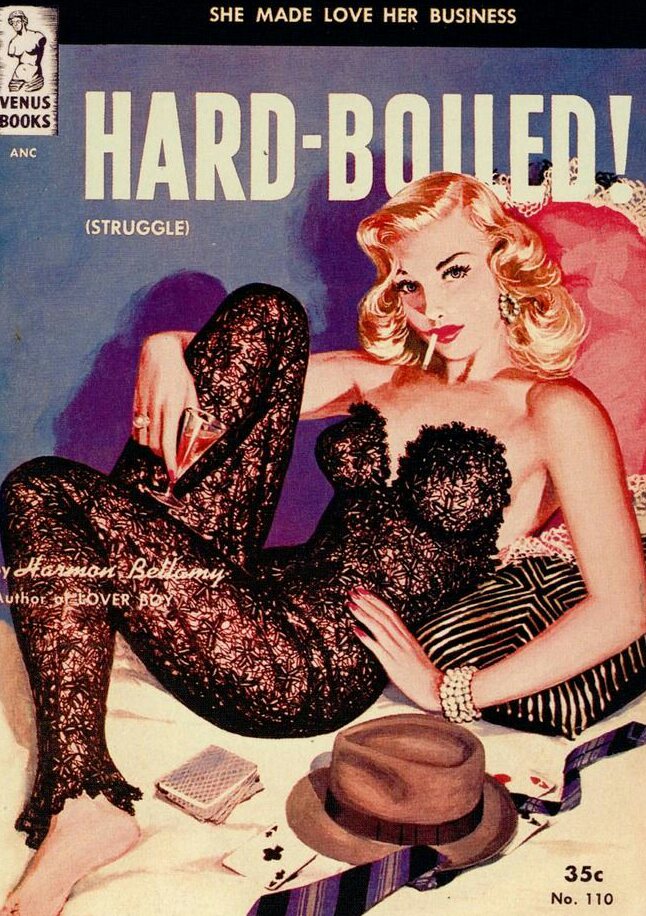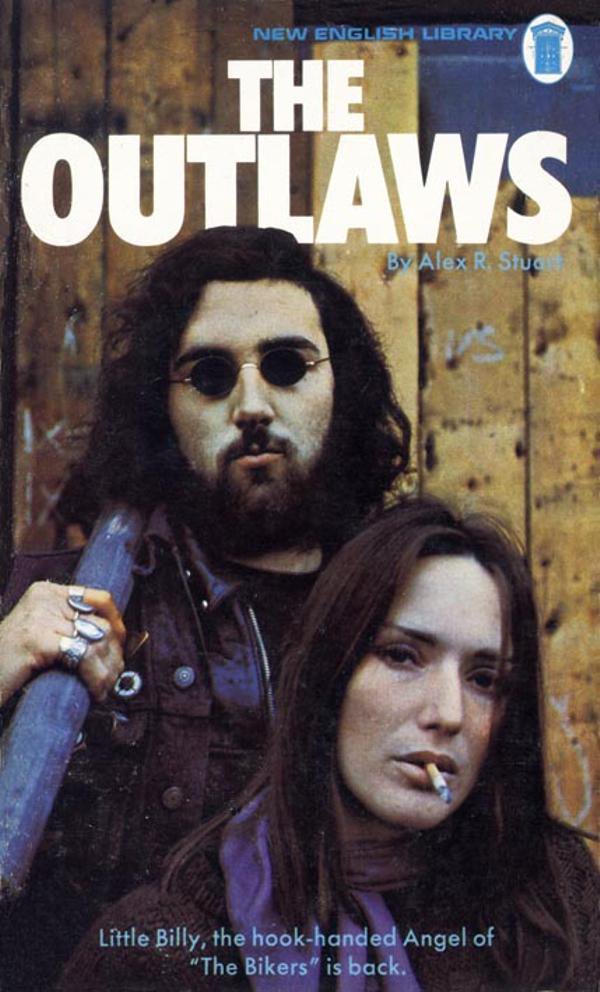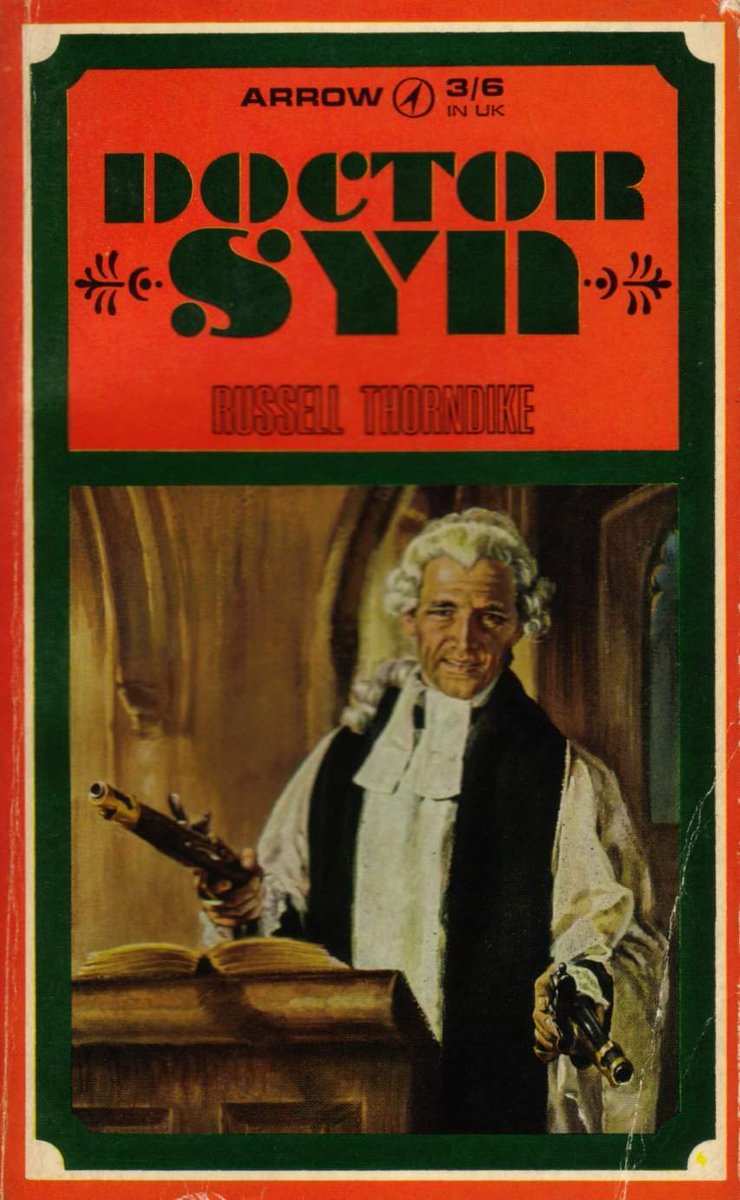Due to the pandemic and whatnot you may not have visited your local public library in a while.
So come with me on a virtual library tour, courtesy of stock photography, to see what we do for a living... #librarytwitter
So come with me on a virtual library tour, courtesy of stock photography, to see what we do for a living... #librarytwitter

Libraries are of course information resource centres, but in many ways they are so much more. To get the best out of them you need to really know your way around the stacks. 

The enquiries desk is normally your first stop in a library, and this is where you will meet The Angry Librarian! Why is she angry? Because you keep asking her stupid questions! 

"Are you open?"
"Do you have a toilet?"
"That chair's wobbly!"
"Why isn't it available in audiobook?"
"Someone else is on the computer and that's not fair!"
On and on it goes...
"Do you have a toilet?"
"That chair's wobbly!"
"Why isn't it available in audiobook?"
"Someone else is on the computer and that's not fair!"
On and on it goes...

And that's why in the library we insist on silence. It's the only way to stop us swearing at all the idiotic things you ask us. And we've looked up a lot of old swear words: beardsplitter, bescumber, rantallion, smellfungus etc.
Honestly , we’re such muckspouts!
Honestly , we’re such muckspouts!

Next up is the library assistant, sorting through the returns. Library assistants are the serfs of the lending world, which is why they all read Dostoyevsky and wear peasant cardigans. Most of their income comes from selling weed and they have intense views about graphic novels. 

Then we have the 'wacky' librarian. There's always one, and we normally keep her in the reference section to annoy the students. She's also our first aider, so try not to injure yourself. 

Speaking of injuries, the health and safety rules we have to follow are ridiculous! OK we trapped one pensioner in the moving shelves down in the stacks but that was four months ago FFS! No pensioners have been decapitated since then. Not one. Nada.
126 safe days and counting...
126 safe days and counting...

But now we all have to go on a half day course about how to use library steps safely: wear safety glasses, ensure your upper limbs are covered, carry one book at a time etc. 



(BTW we tend to dress informally in the library nowadays, though we always have a lanyard. Somewhere.) 

And we've also finally decided to renovate the local history reading rooms. 'Local', 'History' and 'Reading' are three things people don't seem to enjoy, so we’ve rebranded it as The Magical Harry Potter Room and put a Nespresso machine in there. 
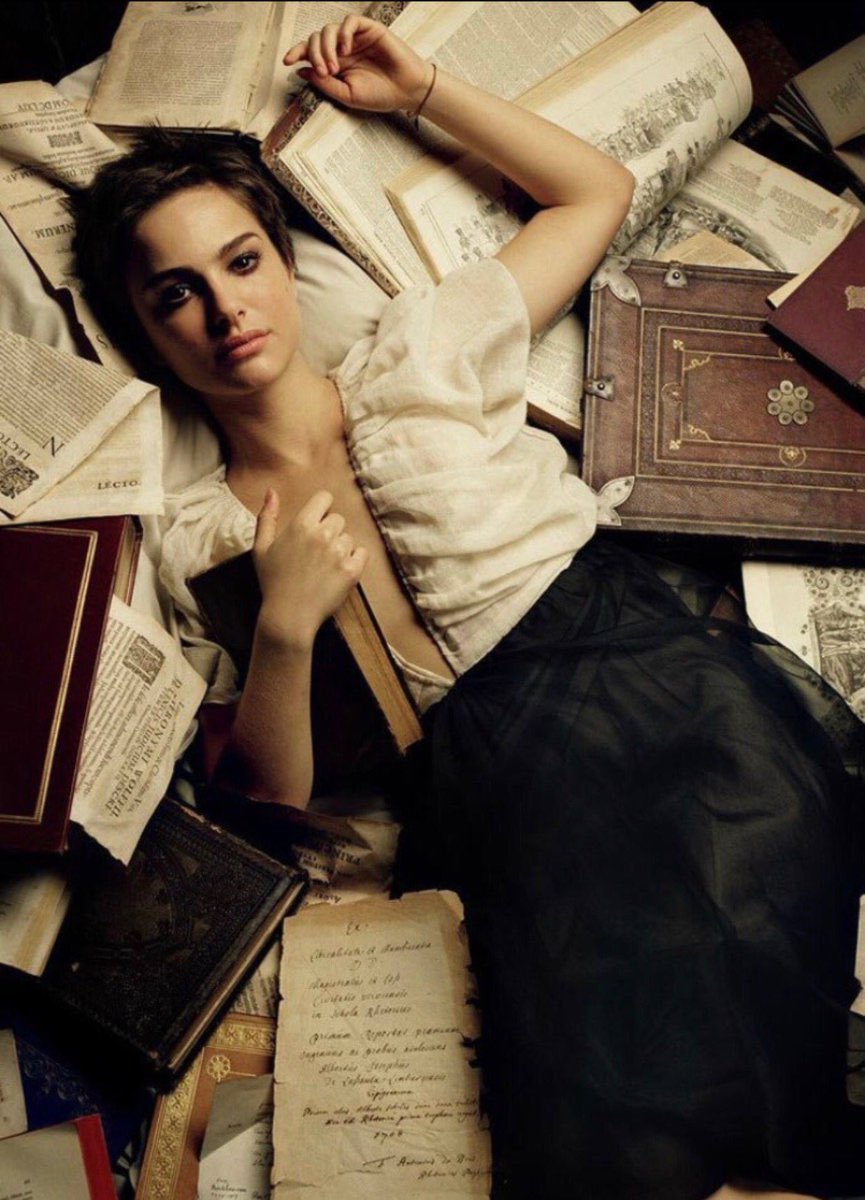
Fortunately we don't get many visits from the District Librarian. He's very old fashioned in his views about information science and community outreach and frankly his last stint in Kids Story Time Corner did not go down that well. 
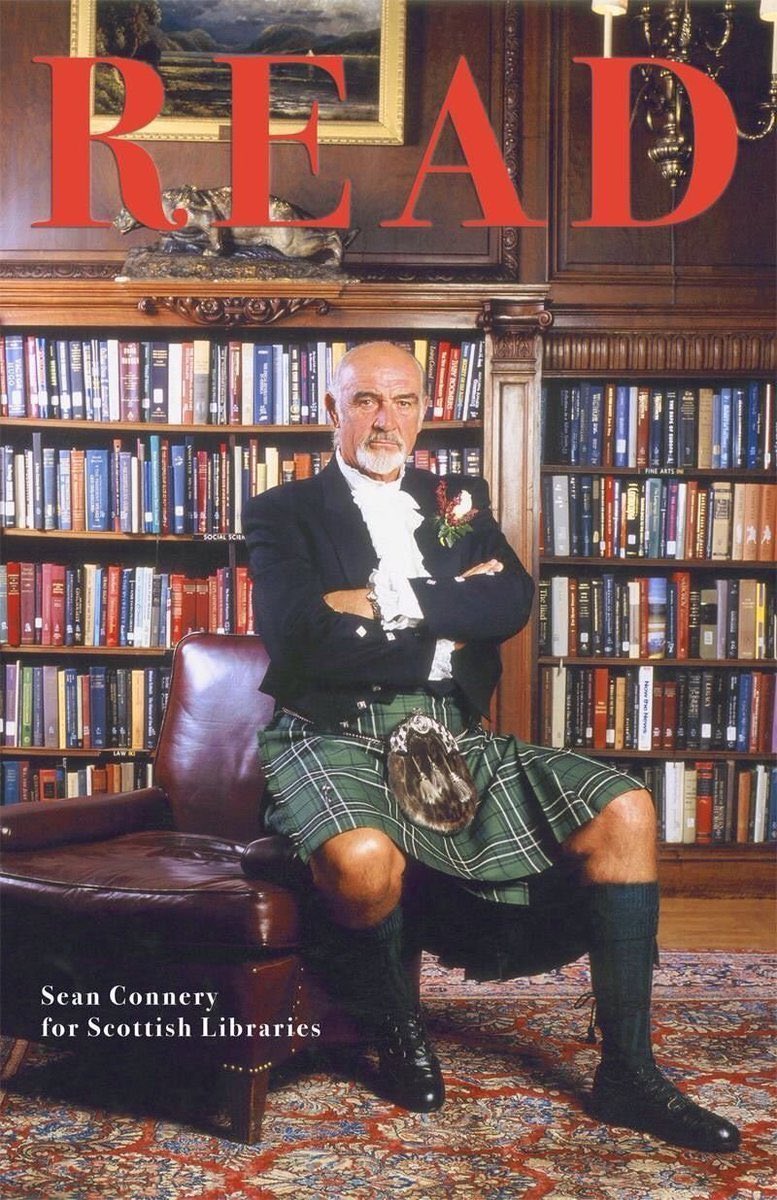
So come back to what you know and visit your local public library today. After all, who knows what you’ll find?
#Librarylife: it’s what we do…
#Librarylife: it’s what we do…

• • •
Missing some Tweet in this thread? You can try to
force a refresh


